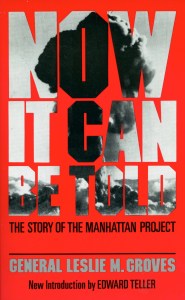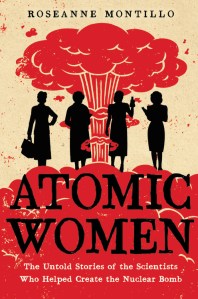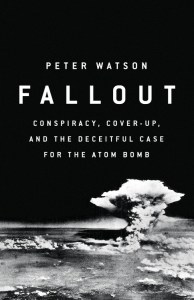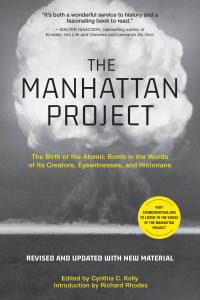Books to Read on Your Deep-Dive into Oppenheimer
If you grew up in America, you (like me) are probably most familiar with World War II from a heroic perspective: America was dragged into the fight, got in late, and then ended the war with the nuclear bomb. Our curriculum is pretty black-and-white when it comes to WWII. Or at least it was when I was growing up.
But the more you learn, the more nuance there is—as with anything. Just before Christopher Nolan’s film Oppenheimer was announced, Cormac McCarthy released his two-book set, The Passenger and Stella Maris. It’s totally fictional, but based on the kids of one of the head physicists at the Manhattan Project, the ones who developed the atomic bomb. IRL, many of the developers (including J. Robert Oppenheimer himself) were German Jews living in America—either immigrants or refugees themselves or first-generation Americans.
But Germany had already surrendered by the time the bombs were ready to go, so Fat Man and Little Boy were deployed on a different Axis Power, on Hiroshima and then Nagasaki. That complicated the good-and-evil dichotomy, especially when some debated even then that Japan was also on the brink of surrender.
And then, of course, was the fall-out. The literal fall-out that affected generations.
In McCarthy’s book, many of the head scientists on the Manhattan Projects completed suicide. I don’t know the truth behind that statement, and a quick search indicates that it’s a popular myth, but that one seems important to sleuth out. If nothing else, the myth itself must have been perpetuated due to someone’s remorse, right? If you’re like me, just watching the film Oppenheimer won’t be enough to satisfy your curiosity. It will only pique your interest even more—even if it does star one of the best actors of our time, Cillian Murphy.

My first dip into the research wormhole was listening to these episodes about Oppenheimer at The Rest is History podcast. (I adore the hosts, so I recommend them wholeheartedly.) And now, I’m on to these books:
And if those books aren’t enough supplemental reading, you can always check out the book from which the film was actually adapted, American Prometheus: The Triumph and Tragedy of J. Robert Oppenheimer by Kai Bird and Martin J. Sherwin.
Mary Kay McBrayer is the author of America’s First Female Serial Killer: Jane Toppan and the Making of a Monster. You can find her short works at Oxford American, Narratively, Mental Floss, and FANGORIA, among other publications. She co-hosts Everything Trying to Kill You, the comedy podcast that analyzes your favorite horror movies from the perspectives of women of color. Follow Mary Kay McBrayer on Instagram and Twitter, or check out her author site here.




